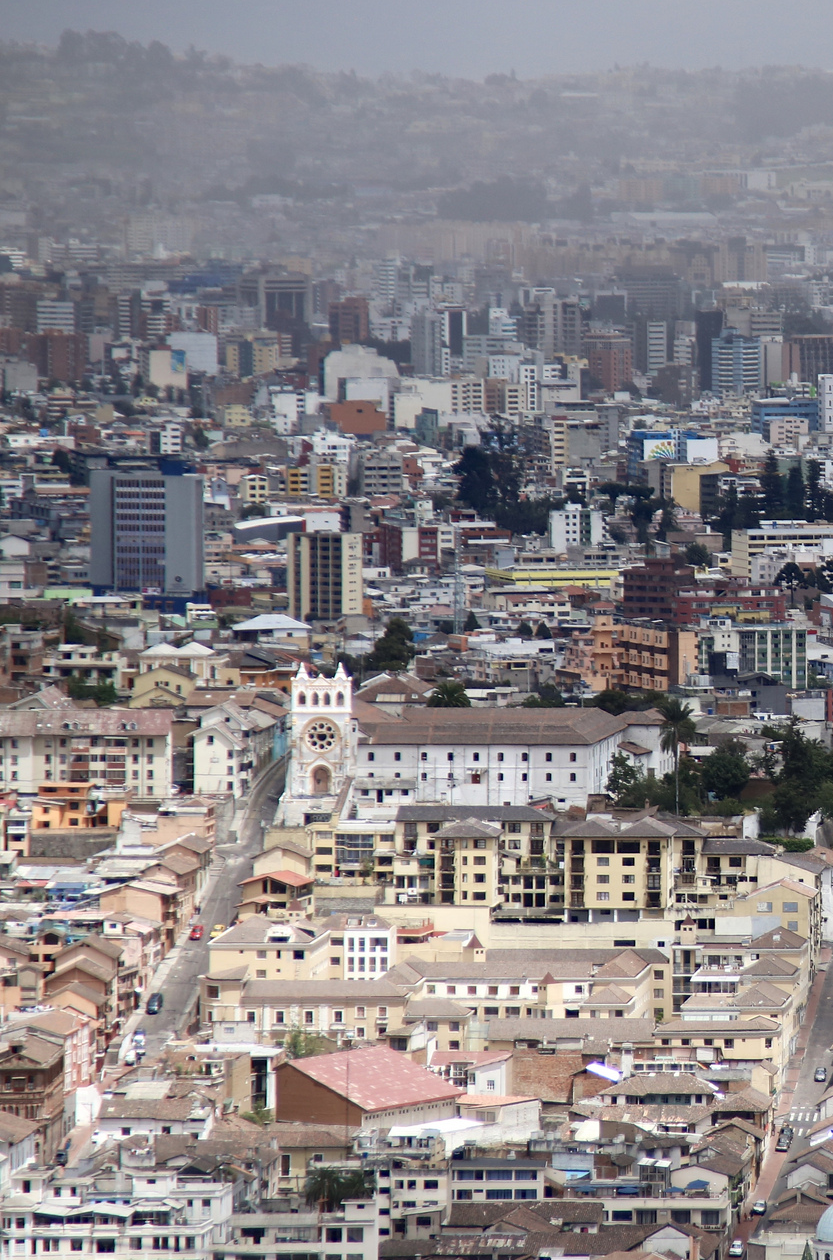Assessing the role of tax-benefit policies in mitigating the distributional effects of COVID-19 in the Andean region
The COVID-19 pandemic has resulted in an international crisis with large socioeconomic impacts. According to projections from the Economic Commission for Latin America and the Caribbean poverty could increase by 7.1 percentage points on average and extreme poverty by 4.5 percentage points by the end of 2020. As a result, governments in Latin America have implemented a variety of measures to mitigate the impact of the crisis, which has also highlighted the lack of social protection for vulnerable populations in the event of economic shocks. In this context, it is essential to provide evidence on the effectiveness of government interventions to alleviate the economic impact of COVID-19 and to reform current social protection programmes to ensure sustainable social welfare systems in the long-term.
The partner institutions are Universidad Externado de Colombia, Pontificia Universidad Católica del Ecuador (PUCE) and Universidad del Pacífico, Perú.
The overall aim of the project is to assess the role of tax and benefit policies in mitigating the adverse effects of the COVID-19 pandemic on poverty and inequality in three countries in the Andean region: Colombia, Ecuador and Peru. More precisely, the project will make use of tax-benefit microsimulation models for the countries under analysis, which have been developed at ISER or under the supervision of ISER researchers in collaboration with local teams. All models are based on EUROMOD, a state-of-the-art tax and benefit microsimulation model of the 27 EU countries and the UK, housed at the University of Essex. The current models for Colombia, Ecuador and Peru allow researchers to simulate income taxes, social insurance contribucontributions and cash transfers based on representative household survey data. The cross-country analysis will take advantage of the harmonized nature of the models and data to compare which type of policy interventions have been the most effective in protecting the population against the economic effects of the pandemic and will assess potential reforms to tax-benefit policies aimed at enhancing social protection.
The project will consist of three main activities:
First, the microsimulation models of Colombia, Ecuador and Peru will be updated by the team of researchers in the partner institutions to include the most recent tax-benefit emergency policies introduced by the national governments to face the effects of the COVID-19 pandemic. The partner institutions will also update the input data for the models based on the most recent household survey. This work will be supervised and led by researchers at ISER and Universidad Externado.
Second, the team of researchers at ISER and at the partner institutions will jointly prepare a comparative research paper assessing the role of existing and newly implemented tax-benefit policies in mitigating the economic effects of COVID-19 in Colombia, Ecuador and Peru. The analysis will also include an assessment of potential reforms which could provide further social protection in the event of economic shocks. This work will be supervised and led by researchers at ISER and Universidad Externado.
Third, the research results alongside a brief presentation of the microsimulation models will be presented to policy makers and the wider community in each country. These meetings will be organized online by the partner institutions.
Team members: Dr Xavier Jara Tamayo, Dr Diego Collado
Team members
Dr Holguer Xavier Jara Tamayo
Research Fellow - University of Essex
Dr Diego Collado
Senior Research Officer - University of Essex

Start date
01 Jan 2021
End date
30 Jun 2021
Funder
Global Challenges Research Fund (GCRF@Essex) – UKRI
Data source
- EUROMOD